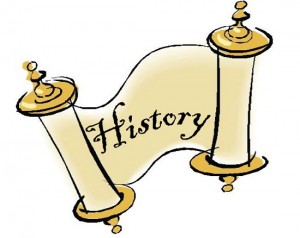By Nehi Igbinijesu.
The sense of history is rarely understood in Black Africa. This neglect in our society has been largely evident in the poor generational succession across our country’s businesses, polity and national life; creating serious gaps that have left us with the same “old” leaders almost fifty years post-independence.
I came across a very recent book that thoroughly intrigued me about Nigeria’s leadership gaps. Pastor Wale Adefarasin’s The Succession Crisis in Nigeria pointed to our failures to understand our history and plan trans-generationally, as pivotal to the kind of decay experienced in some of Nigeria’s public and private institutions. Little wonder that almost every business founded in Nigeria has barely survived fifty years, most of them collapsing at the demise of their progenitors.
History rarely repeats itself, but it often rhymes. One could easily conclude that Oloibiri could have turned out like Texas, being the birthplace of Nigerian crude in 1956. Shell found its first commercial deposits there and began exporting in 1958. Sadly, today’s Nigeria can hardly grasp the name, “Oloibiri” let alone where it is, whether in Rivers, Delta or Bayelsa. Our appreciation for history failed to mention Oloibiri, not because our leaders wanted it forgotten but because we did not deem it a place our children should remember.
Without doubt, the University of Ibadan would easily have been recognized globally as the hotbed for literary gurus as Stanford is for computer geeks. Chinua Achebe, Christopher Okigbo, John Pepper Clark, Wole Soyinka, Odia Ofeimun and Kole Omotosho all had their time there. These men changed the world yet only 1 in 250 teenagers living in Nigeria today can identify them.
To cite more instances where we could have gotten it right, in telling our stories to the younger generation, could infuriate more than inspire. We simply will have to start in the family by telling our children about the elections we witnessed, the medals we won at the Olympics; about Chidi Imoh and the Ezenwa Brothers. We also have to buy books and get them to read.
We owe this duty to ourselves and our children to preserve our national heritage. Let me implore us; many of us will also have to write for the future generations to read. We must not let the stories die in us for we would have done the same harm done a lot of us.
End the lull of history in Nigeria!



